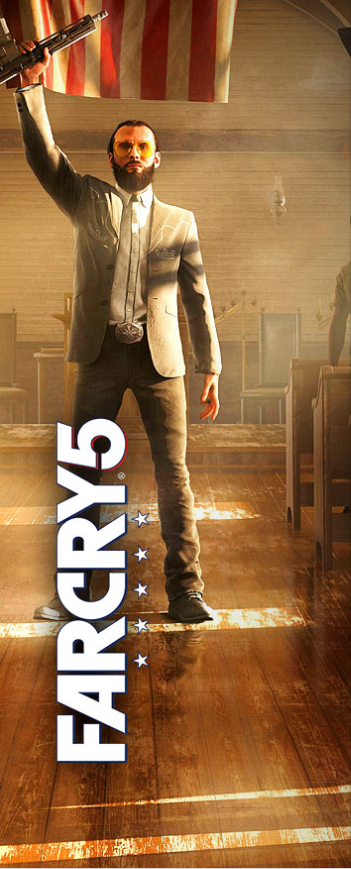Does the success of the NBA 2K league give a clue to the future of eSports?
Those with vision have long seen the potential for eSports to change the gaming and leisure landscape in fundamental ways. While competitive gaming has evolved within the MOBA and first person shooter genres, it is no great leap to see that the success of League of Legends, DOTA 2, Counter Strike: Global Offensive et al could easily be replicated across other genres.

This has already been seen to a limited extent. Turbo Racing League was the first example of mobile eSports to capture the public imagination, and the $290,000 pocketed by Brian Dragotto five years ago remains the biggest payout in mobile eSports to date. Meanwhile, FIFA 2017 features in the top 20 eSports games, with $1.4 million awarded in prize money to date.
However, it is this year’s introduction of an NBA 2K eSports league that is truly changing the face of not just eSports, but the sporting world in general. Only a few months have passed since 17 NBA franchises recruited over 100 players from around the world to compete in a virtual NBA league that runs in parallel to the real-world one. Such has been the early success of the format that there are already ambitious expansion plans in place for 2019.
eSports is a global phenomenon
We have heard it said so many times that eSports is either “not a real sport” or that it is only for gaming geeks, that it is easy to start believing it. But what defines a sport? Do you have to be physically fit to be a sportsman? Try telling that to professional darts player Andy Fordham, or father and son golfers Craig and Kevin Stadler.
Semantics aside, eSports can be described as little less than a global phenomenon. And it is not just because of the growing number of people getting directly involved. Like any other sport, there are those who want to watch and place bets on competitive eSports gaming events, and the numbers here are truly off the scale.
Last month the League of Legends Midseasonal Invitational took place. It is the second largest event in eSports, after the World Championship. And it attracted a global audience of 360 million people. It is a step down from being the Super Bowl of eSports, yet it attracted more than three times as many viewers as the real Super Bowl. When you look at these numbers, you start to understand why the NBA decided it wanted a piece of the eSports action.
Where one leads, the rest will follow
It seems a certainty that the NFL, Major League and NHL will follow suit, if not next year, then certainly the year after. And unlike physical sports leagues, the model adopted by NBA 2K will be easy to replicate across any sport, so there is no reason to think it will stop at these staples of the American sporting diet.
Soccer seems an obvious choice, and we can expect the stumbling start adopted by FIFA into the eSports world to evolve into full scale virtual versions of the Premier League, MLS, European League and even an eSports World Cup.
Will eSports become the true face of sport?
The most intriguing thought, though concerns how these eSports leagues might grow in popularity and financial sponsorship terms compared to the real world leagues on which they are based. If the League of Legends figures are anything to go by, it is more than conceivable that we could face a future in which an eSports Super Bowl is watched by more people than a physical one. If that happens, will people still be asking if eSports are “real” sports?





